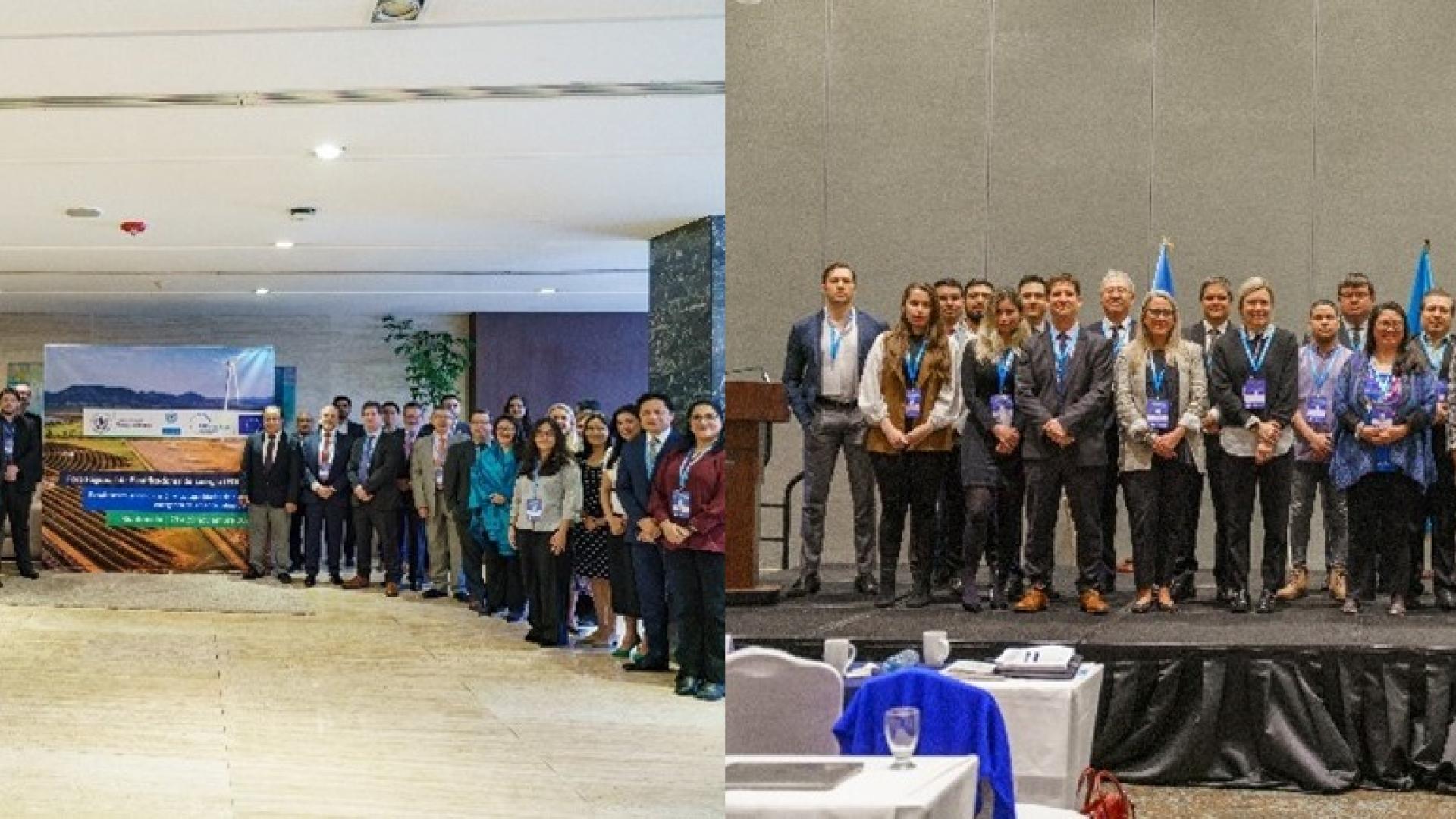Briefing note
The Economic Commission for Latin America and the Caribbean (ECLAC) participated in the workshop “Identifying Investment Needs and Technical Assistance to Accelerate Renewable Energy Participation in Member Countries of the Renewable Energy in Latin America and the Caribbean Initiative (RELAC): Climate Crisis and Its Impact on the Short-Term Management of the Electric Sector,” held in Bogotá, Colombia.
The hybrid workshop, organized within the framework of the RELAC Initiative, brought together key stakeholders from the public and private sectors, as well as international organizations, to discuss strategies to address the challenges of climate change in the electric sector. Topics addressed included planning resilient electric infrastructure, the impact of the climate crisis, and opportunities to accelerate the transition to unconventional renewable energy sources.
Building on its work in the region, ECLAC highlighted the importance of strengthening the adaptability of energy systems through energy planning to face new challenges posed by climate change. These challenges, among others, have driven ECLAC’s efforts to develop a resilient energy planning methodology aimed at enhancing technical and institutional capacities in the region. This methodology encompasses a series of technical and economic tools for the planning of resilient electric systems to address the effects of climate or human-induced shocks in the electric sector.
The event was attended by senior representatives from organizations such as the Inter-American Development Bank (IDB), the International Renewable Energy Agency (IRENA), and the Latin American Energy Organization (OLADE).
In his inaugural address, Colombia’s Minister of Energy, Andrés Camacho, emphasized that the energy transition is not only an opportunity to mitigate the effects of climate change but also a driver of innovation and job creation in the region.
At the close of the workshop, conclusions and priority actions were presented to strengthen technical capacity and necessary investments in member countries, which will be shared with RELAC partner agencies as part of the next steps.
The event represents significant progress in the joint effort of Latin America and the Caribbean to achieve an 80% share of renewable energy in the regional electricity mix by 2030, a target set by the RELAC Initiative.



